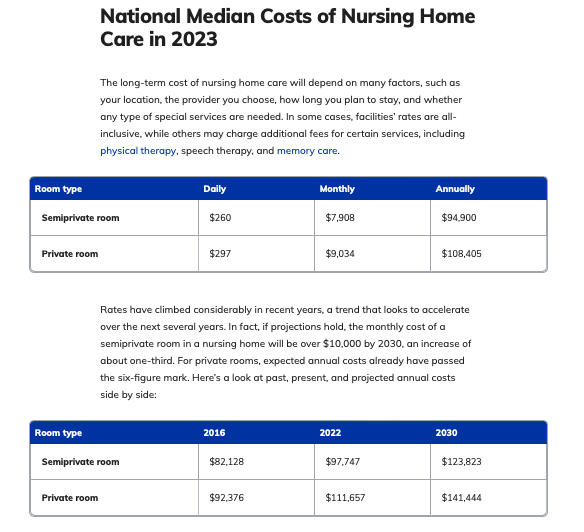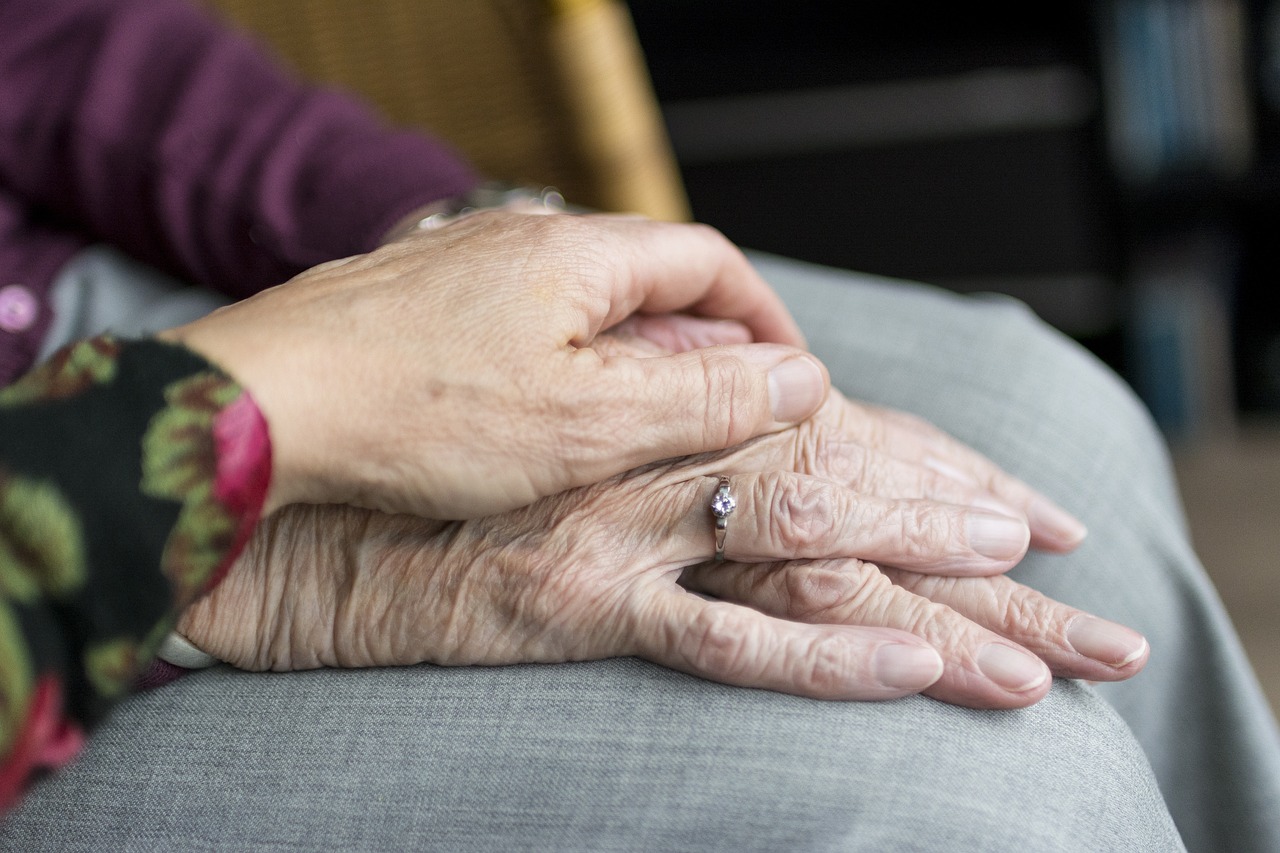How to care for aging parents
How to care for aging parents

Taking on a caregiver role is not something anyone can really prepare for. But sometimes it’s necessary. How can you properly care for your aging parents?
Acknowledge the signs
More often than not, kids notice signs that their parents need help before they’re willing to admit it. A few signs could be immobility issues, cognitive decline and other health issues. It is important to give your parents grace because if they have lived most of their lives independently it can be difficult for them to ask for help – especially when it involves their children. Parents after all are seen as the caregivers, not the ones to be cared for.
Promote Independence



There is nothing wrong with wanting to step in to help your parents but don’t be quick to take away their independence. Allow them to do what they still can because one day they won’t be able to. Their current level of independence is the very thing keeping them functional.
At one point I suggested to my parents that I could set them up for medication and grocery delivery so that they don’t have to drive to the store or pharmacy. I was well meaning, but I was prematurely revoking their independence. This was my attempt to make things more convenient for them. However, my father told me that he would prefer to continue to grocery shop and pickup his prescriptions from the pharmacy because it allows him to go for a drive, get out of the house and socialize.
If your parents can still do things for themselves, don’t enable dependence. They might need it one day, but that day does not have to be today. Know when to step in but don’t rush to take away their independence. This can involve:
- cooking and preparing meals
- routinely cleaning or maintaining their home (if living independently)
- running errands (shopping, appointments, etc.)
- paying bills on time (automatic bill payment)
- assisting with the use of technology
- medication administration
- mobility and functionality (exercise)
- maintaining personal hygiene (bathing, getting dressed, brushing teeth, etc.)
Keep them engaged, stimulated, social and as physical as possible. Have them do exercises that they can for the physical conditions they are in to keep them mobile. Help them to be as comfortable as possible and express your care as a labor of love.
Personal Obligations
In some cultures, the children are expected to care for their aging parents. Not everyone plans for or has the financial provisions to go into a nursing or assisted living facility.
Nonetheless, we still have our own personal and financial obligations. You have to work to provide for yourself and your family. If you have the privilege to work remotely, that can be a great asset in caring for aging parents. Remote work offers the benefit of flexibility and work-life balance but it’s a highly sought after perk. Everyone wants it but not everyone qualifies for it. And unfortunately, those who qualify for it still oftentimes face resistance from higher-ups. The various reasons could include their inability to micromanage, losing money if an office is not utilized and how people commuting to work every day keeps the economy going. Let’s be honest – not as many people would be buying Starbucks before work or new cars if they did not have to commute – which directly benefits corporations, but I digress.
When weighing your options to care for your personal obligations while also caring for an aging parent, you have to consider your circumstances. If your loved one lives far away and requires care, are you able to relocate them to live near you or vice versa? Are you able to change jobs that allows a hybrid or remote work structure to better care for aging parents? If necessary, are you able to take a pay cut or demotion to reduce your workload in order to care for a loved one? All of these choices can be temporary and circumstantial but are important to consider.
It is important to weight all of your options. Spending time with your loved ones and caring for them is time you cannot get back. Although it may not be your responsibility, if you do intend to help care for your parents you will need to have a balanced view of the help you can personally offer. This way you’re not overwhelmed or removed from your own family and financial obligations.
Regardless of your choice, your primary goal should be to serve as an asset to your loved ones but not a liability to yourself. Your loved one has lived their life and you have the rest of yours to live. It is fine to make scarifies and compromises but don’t make any decisions that you cannot live with or that impacts your personal happiness because you will be miserable. It’s stressful enough being a caregiver, you don’t need to be a miserable one.
Setting Boundaries
It is important to set reasonable expectations and boundaries. You can disclose what you’re comfortable taking on as a caregiver and what you would like to outsource. You can also collaborate with any siblings you may have to try to disperse care and share the workload.
This will require you to assess their ability and level of independence to determine if additional help is needed, such as hospice care or a home health aide.
Being a caregiver can at times feel overwhelming and it is easy to feel unappreciated. But just know that what you can do is good enough. As much as you may want to just drop everything and help those you love and care about, that is not always realistic. You will be digging yourself into a grave if you allow the stress to consume you. You are only human with a finite amount of time, energy and resources. Do what you can and know that at the end of the day you did what you could.
Medical Care


Your loved one may need specialized care as they get older and you may need to serve as their ally. This is what geriatric physicians are for. They are primary care doctors that specialize in treating the elderly.
Although death is a tough subject to discuss, it is inevitable and end-of-life care is important to talk about prior to needing it. Discuss with your loved ones their healthcare directives and who will be the power of attorney. That way if your loved one can no longer make decisions on their own due to cognitive impairment, advanced directives will already be in place.
Medical care is also important for caregivers too. Being a caregiver can take a toll on your mental health. If possible, use your resources as a caregiver and seek out support groups such as online forums so that you have a community to share experiences. This is also important to know that you’re not alone. If possible, seeking therapy can also be beneficial. Learning to accept a loved one’s terminal diagnosis may be difficult.
It is also important to consider your loved one’s safety, especially if they are living independently. Looking into fall detection monitors such as Life Alert can save someone’s life.
Nursing Homes & Assisted Living
The cost of assisted living and nursing homes can vary and can be expensive. Oftentimes, private health insurance and Medicare does not cover it. You will need to do your research to determine what benefits your loved one qualifies for based on their income and circumstances.

Be Present

When you have a loved one that is diagnosed with an illness you may go through the stages of grief. Everyone experiences these stages differently so it is necessary to extend grace. My mother has Alzheimer’s and I personally struggled the most with acceptance. When your mind doesn’t comprehend something, it tries to find solutions in order to make sense of the nonsense. It took a lot of research, therapy, and relinquishing control to come to the acceptance stage. It took me a long time to acknowledge that I could not control this disease or its outcome. I could only control how I reacted to it and the level of care I could personally provide as this is a progressive disease.
Part of the acceptance stage includes not burying them before they’re dead. There is no need to grieve twice or needlessly worry about outcomes out of your control. Having a realistic view of death and being present with your loved ones while they are still here is necessary. Rather than worrying about them dying, focus on being here while they’re still alive. And if you need that extra nudge of support, just remember that what you’re doing is commendable, appreciated and it’s the final act of love.